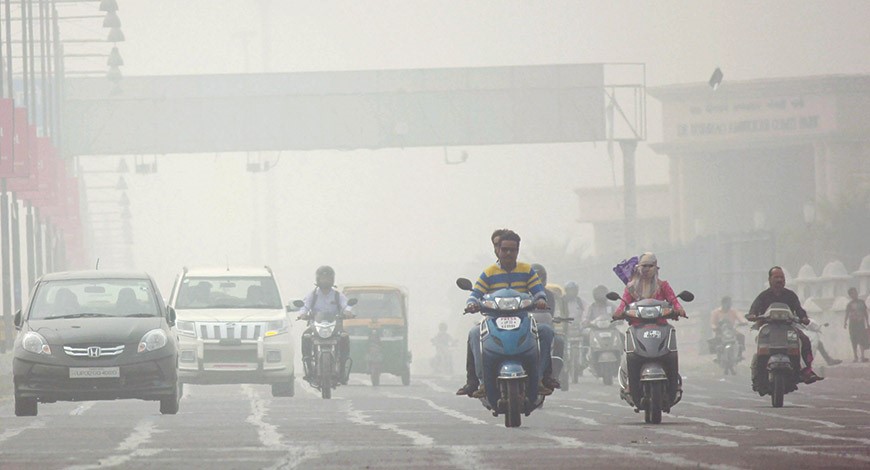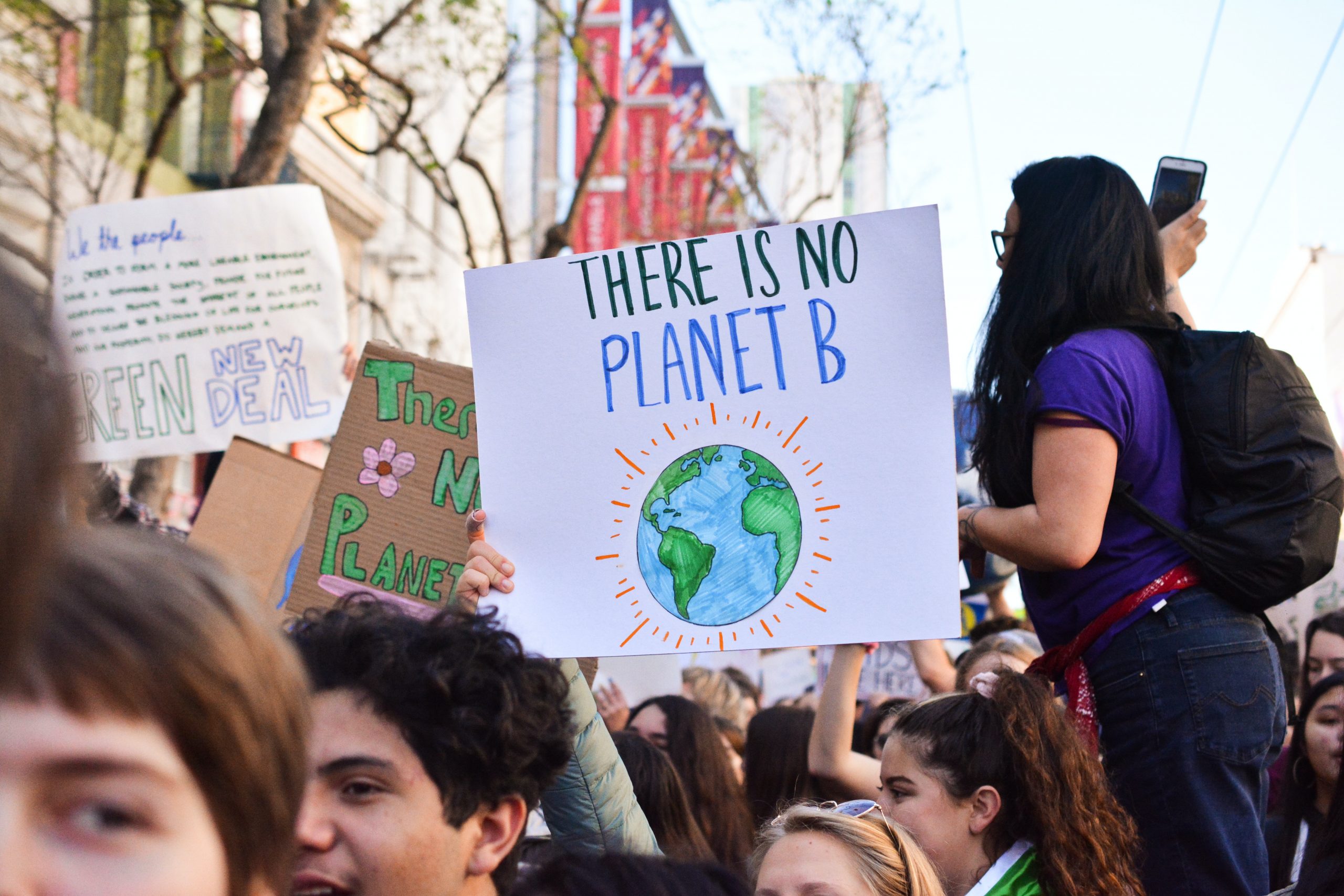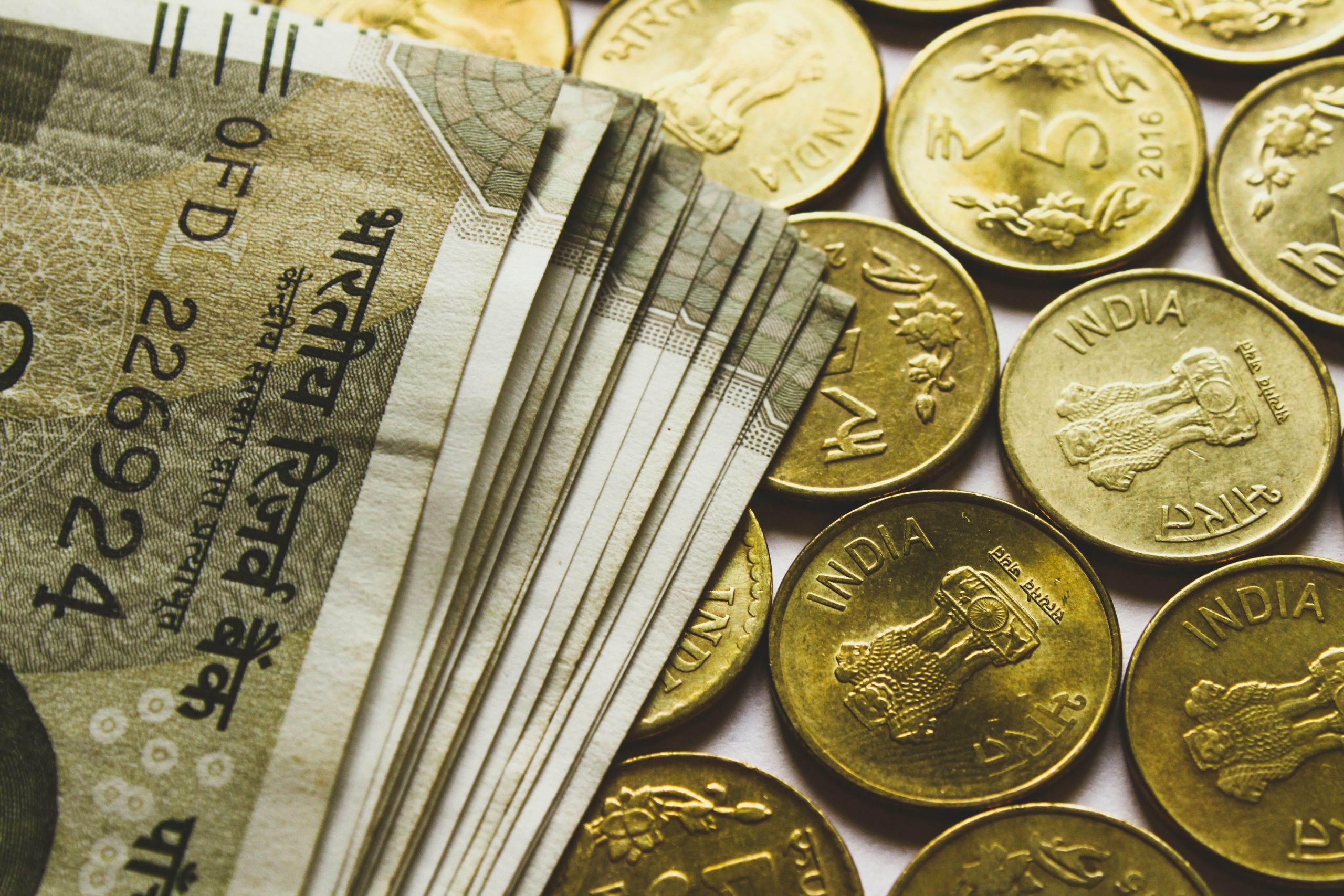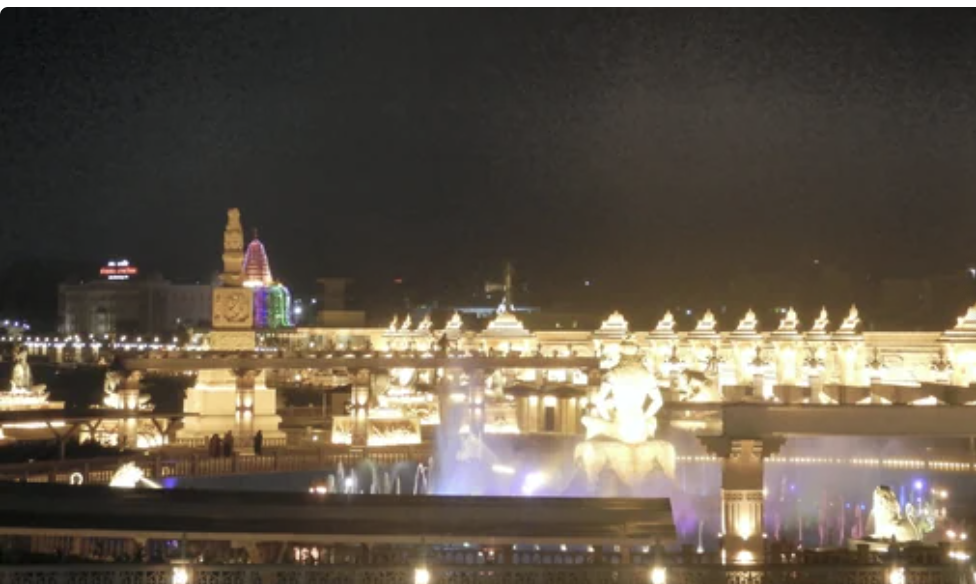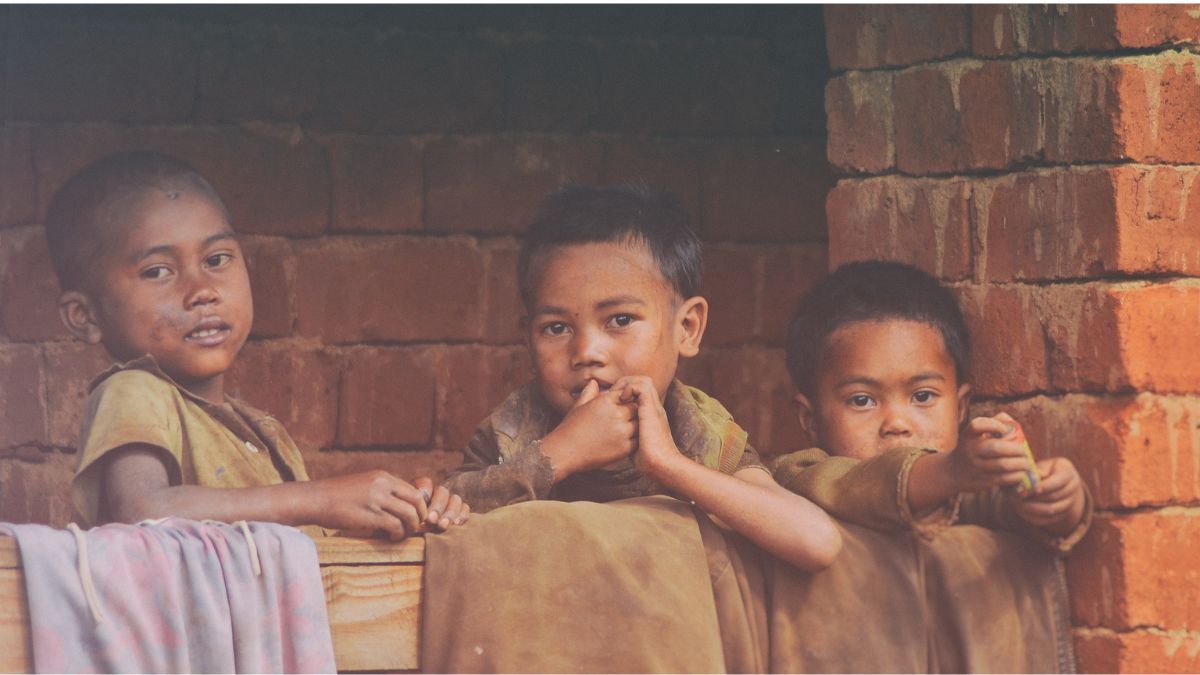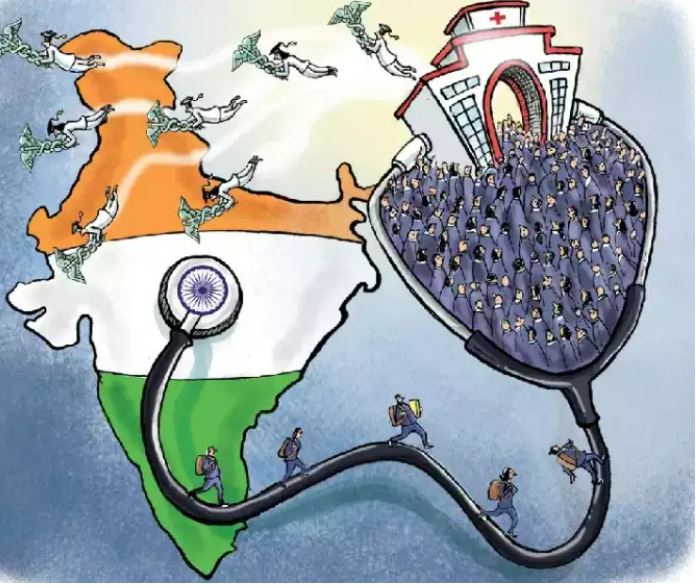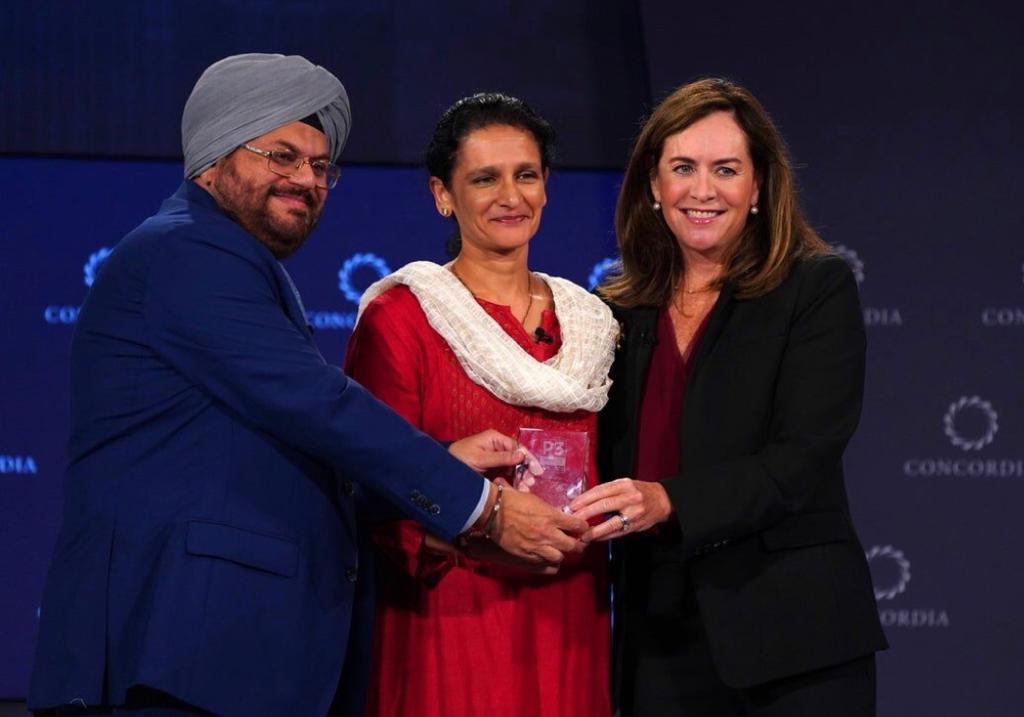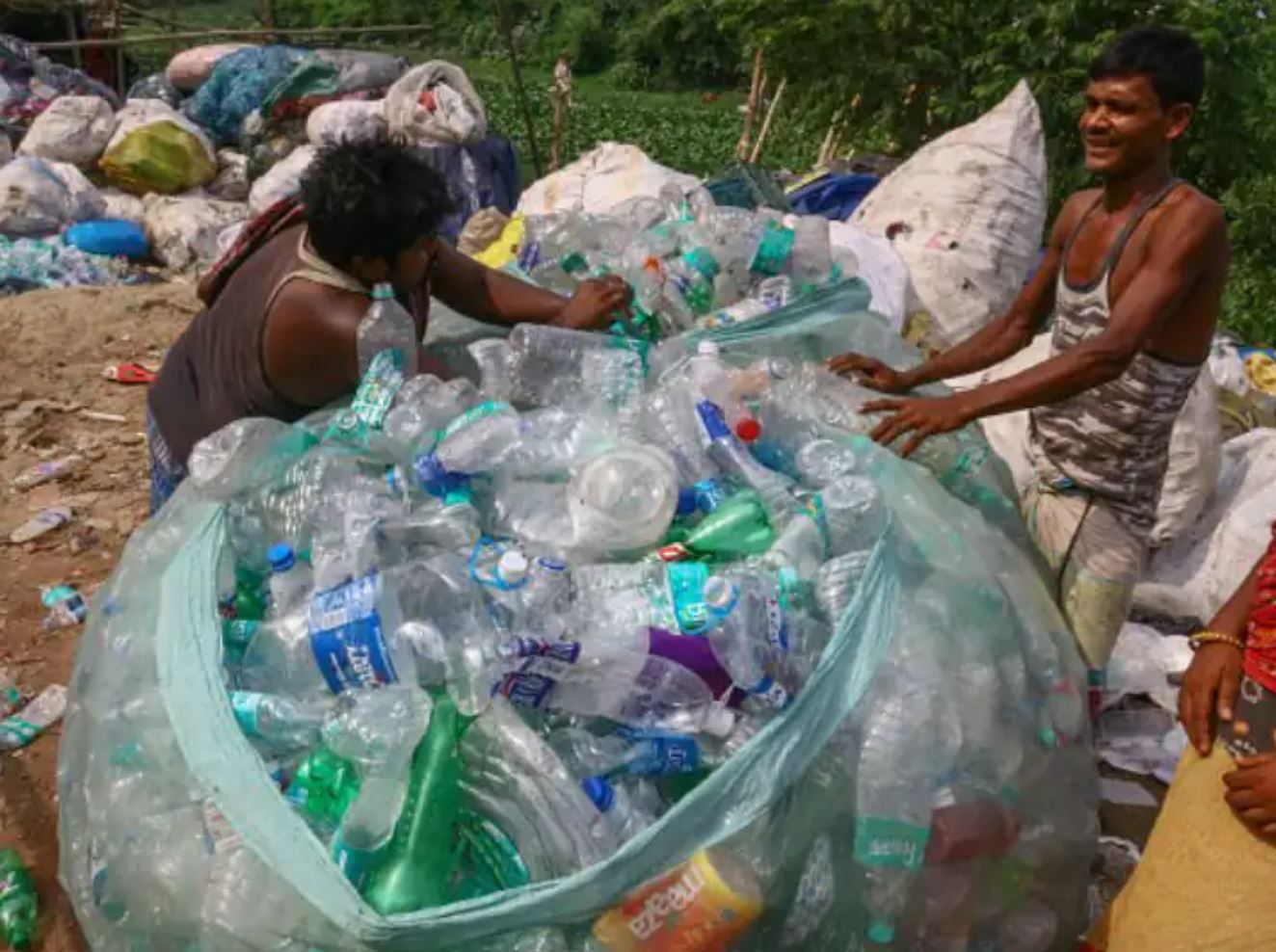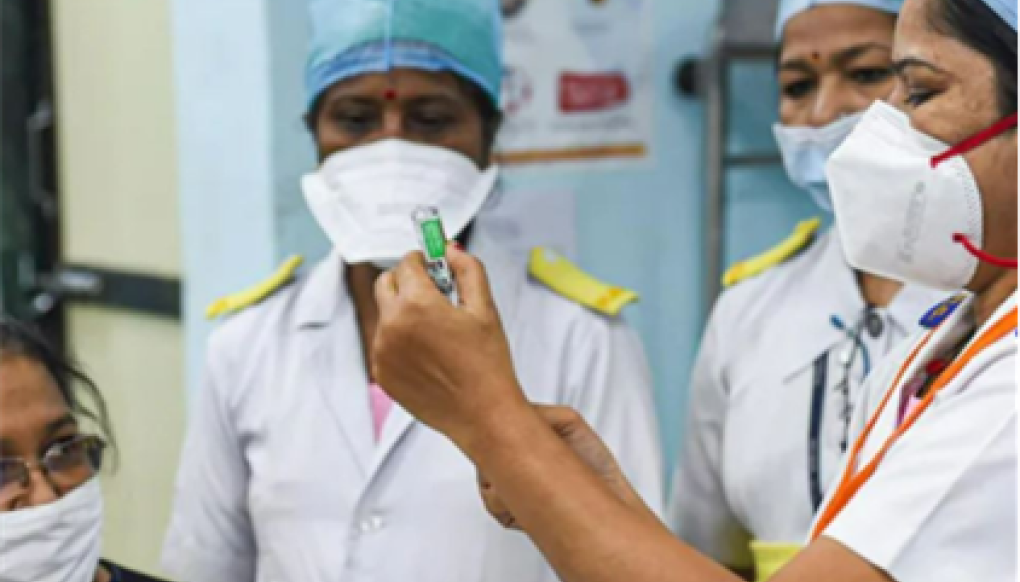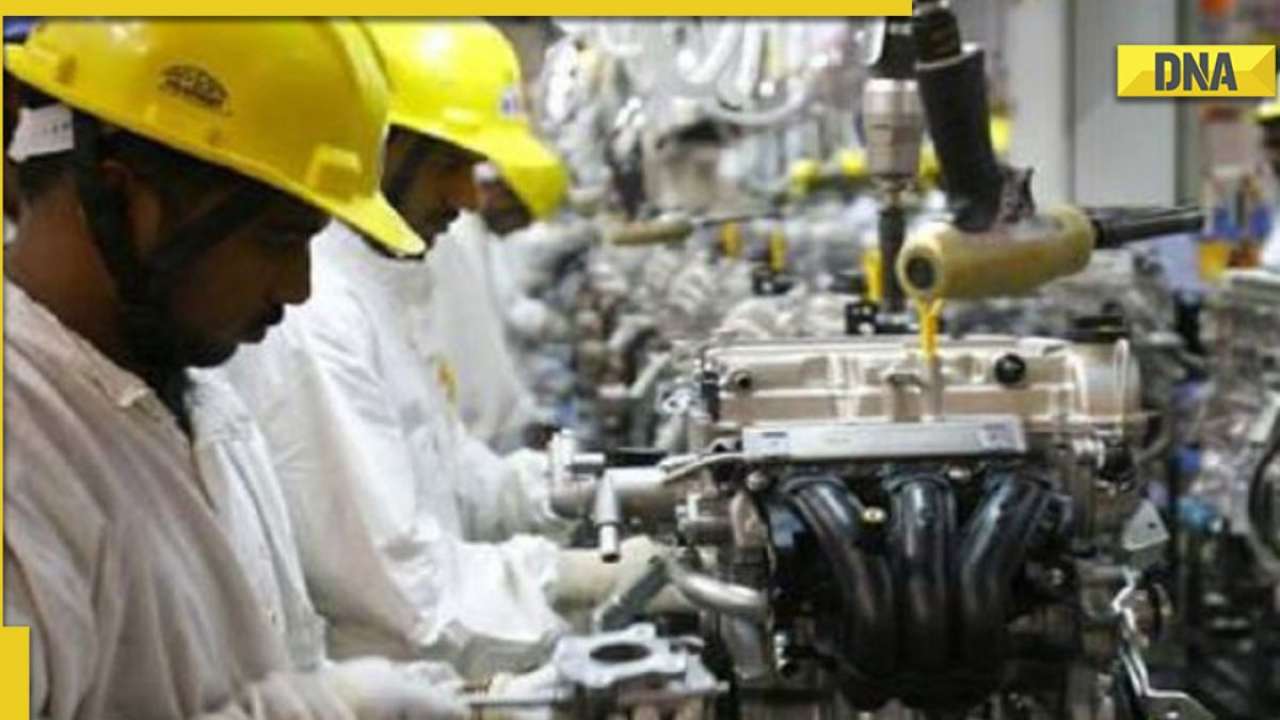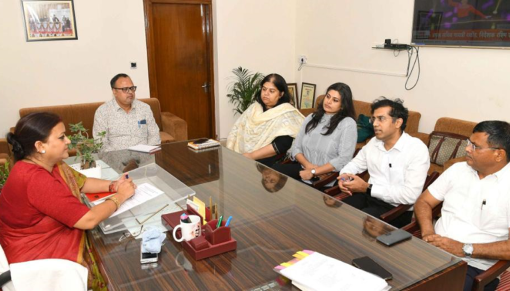Pollution: Bearing The Brunt
Delhi’s air pollution has huge economic repercussions with several industries especially tourism suffering
It might sound callous to calculate the costs of business disruption due to smog when people’s lives are in danger. However, the economic impact of the situation cannot be ignored. While waking up in a gas chamber every day, takes a huge toll on the health of the citizens, it also robs the economy of significant growth potential, including welfare loss. In 2013, welfare costs and costs of lost labour due to air pollution resulted in an 8.5 per cent loss to India’s GDP. That was three years back. The levels of air pollution have swollen since then.
Though companies are yet to calculate the actual costs of disruption due to air pollution, an Assocham study estimates losses of Rs 100 crore a day to the National Capital Region (NCR) due to the smog. Several billions of dollars of new investments are also under threat. Another very important aspect is that while most of the companies have TPA alliances with prominent health care companies, health insurance covers might get dearer by 10-15 per cent in the future in context of the city’s rising pollution.
A recent study surveyed 150 companies which faced workforce crunch with 5-10 per cent of the staff calling in sick with complaints owing to the smog. The rate of sick leaves jumped to 100 per cent last month at Aspiring Minds, an employability evaluation and certification company, with companies like JLL and ATC encouraging people to work from home. Santhosh Kumar, CEO, Operations and International Director, JLL, says the post-Diwali smog affected the mobility of the officials as well as the logistics.
“Operational losses such as reduced input days, time, inability to recruit good talent from outside Delhi and productivity has impacted delivery of output leading to an overall economic loss for several corporates working out of Delhi”, says Ashwajit Singh, MD, IPE Global, an international development consultancy group. In certain cases companies might have to incur discretionary spending if there are any pre-health check-ups or other facilities to be provided to the employees, says Kumar. “Apart from this there is an increase in the overall energy expenditure experienced by offices across Delhi using much stronger air conditioning units with air purifiers, exhausts, etc,” adds Singh.
While it may be difficult to hazard a figure of economic loss, since the exact period of dangerous levels of pollutants would depend on the weather conditions along with administrative measures, there is no doubt that several billions of dollars of fresh investment and GDP loss would occur, according to Assocham Secretary General D. S. Rawat. With Delhi and NCR getting descriptive titles like ‘gas chamber’ and ‘the world’s most polluted city’, the entire area of NCR encompassing not only Noida, Gurgaon and Faridabad but also right up to Meerut, Panipat, Bhiwadi and Rohtak is likely to face a crippling economic impact in sectors such as tourism, transport, automobile and real estate.
Pointing towards the evidence, Kolluru Krishan, Co-Chairman of FICCI Climate Change Task Force and Chairman, CVC Biorefineries Ltd says, “The direct costs in context of lost man hours and constricted business activities would run into hundreds of crore per day. Indirect, long-term costs linked to health and impact on brand equity would be much larger.” Analysts say automobile, construction and real estate sectors could be the most at risk if the various levels of government are unable to overcome a lack of political coordination and act on air pollution. With people gasping for breath, the dark blanket of smog has hit ‘Brand India’. “Overseas visitors to India have been expressing concerns about the air quality ever since a series of press articles appeared in BBC and other international media,” says Deepa Krishnan of Delhi Magic, a guided tour company, expressing concerns over the rising air pollution and tourism industry. Both transportation and tourism are highly employment-oriented sectors and jobs may be a casualty of the pollution.
Even Delhi tourism minister Kapil Mishra termed poor air quality as the “worst-ever setback” for tourism and claimed that a major image makeover campaign will be started only after finding a solution. There is a bigger question to address amongst the series of losses that the economy incurs owing to air pollution in the city. While reports have concluded annual labour income losses, welfare losses, premature deaths resulting in losses of labour, growth potential etc, it is the violation of human rights and the right to breathe which is the ‘bigger cost’ of smog/pollution. Read more at https://goo.gl/eCk37f




